The old expression, “you can’t take it with you,” applies to debts as well as assets. Debts usually must be paid by the executor of the decedent’s probate estate or a successor trustee, using funds from...
How much should I tell my adult children about my estate plan?
What happens to a decedent’s bodily remains in the event of disagreement?
What is the best estate plan?
The best plan for a particular person will reflect that person’s unique circumstances and give that person peace of mind. People sometimes talk about wills, trust documents, powers of attorney, advanced healthcare directives, and other legal documents as though such documents comprise an estate plan. Legal documents are simply the tangible part...
How does a Living Will differ from a normal Will?
When is it time to update an estate plan?
When are will-substitutes better than a will?
Does everyone need a Will?
Can I legally ensure that my pet will be properly cared for after I die?
How do I protect my home for my children?
Do Hawaii’s gun-control laws restrict my ability to pass my firearms to my children when I die?
How can I make sure my funeral wishes are honored?
Why use a trust rather than a will?
Can I safely tell my lawyer things that I don’t want my family to know?
The Best Gifts in Life
What happens if a parent dies without updating his will or trust to reflect the arrival of a new child?
The only correct short answer is, “It depends.” First, it depends on the wording of the deceased parent’s will or trust. Many such documents specifically provide for after-born children, but many others do not. Second, it depends on applicable law. Every state has a statute that is intended to protect the interests of...
What would happen to my property if I died without a will?
When does it make sense to ask a bank to serve as trustee or co-trustee of a family trust?
When does it make sense to ask a bank to serve as trustee or co-trustee of a family trust? The term family trust could refer to any trust whose intended beneficiaries are family members of the person who sets up the trust. That person is usually called the “settlor,” but the words grantor and trustor are also sometimes used.





















